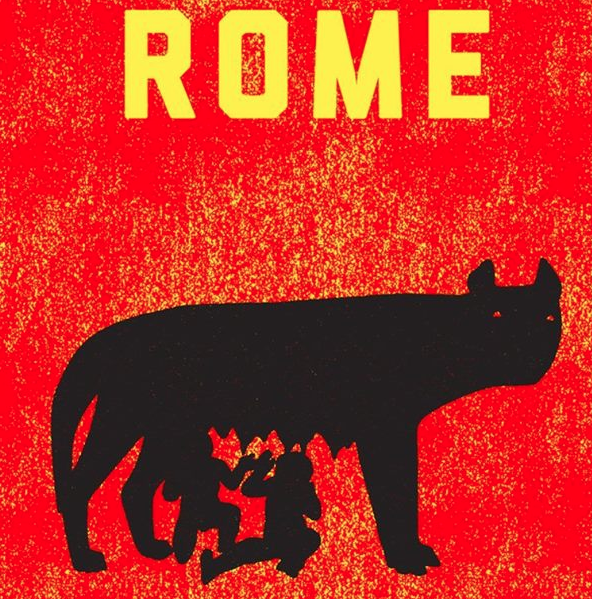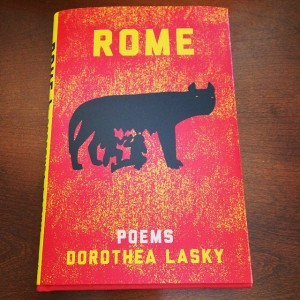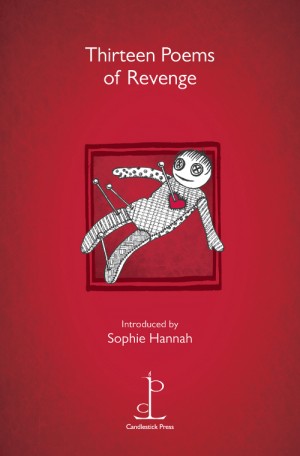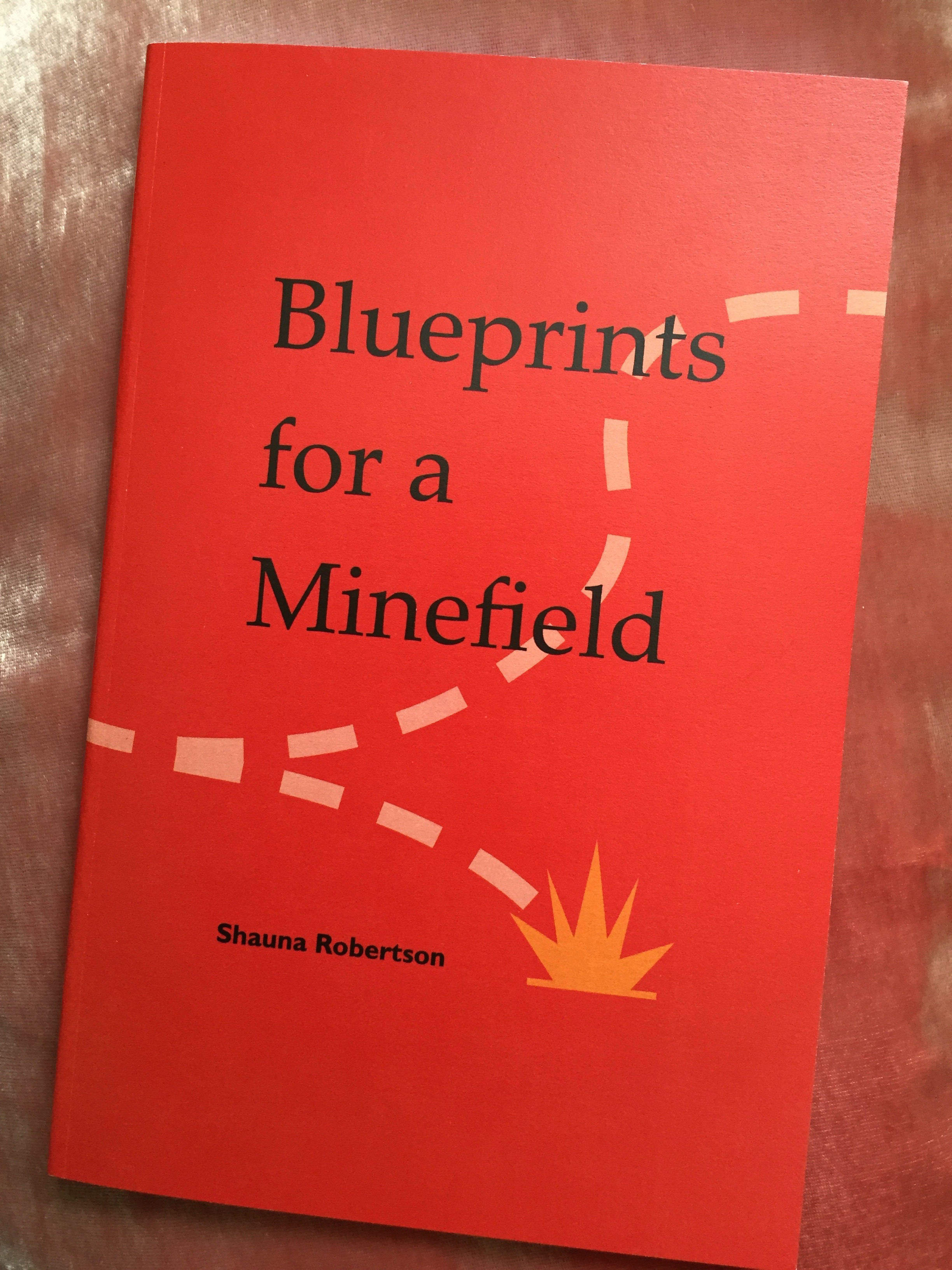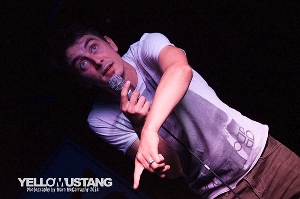ROME by Dorothea Lasky
-Reviewed by James O’Leary-
It’s rare to be excited by a table of contents, but that’s where my anticipation rose. Titles like “Why poetry can be hard for most people”, “Never did amount to anything”, and “You think language is silly until it happens to you” signaled the entering of a world free of affectation. Lasky’s use of language is grounded and relatable, but there is a great strangeness mixed in, her way of expressing thought both familiar and unpredictable.
The poems engage directly, and while an almost complete lack of punctuation (and total absence of full stops) adds urgency, there are no runaway trains. The poems are beautifully contained by their line breaks, the pacing specific and consistent. Where one thought ends and another begins isn’t signposted in the usual ways, and so context relies on subtle, visual structure – on how the words have been put on the page.
Lasky is at once hard on people and deeply compassionate. She has an understanding of the anger, hypocrisy, and kindness within herself and extends this understanding to others. She is highly aware of the base forces, the needy impulses that drive us, but never submits to true cynicism. “Why poetry can be hard for most people” suggests that our component parts, brutally human as they are, do add up to more:
Because life is no more important than eating
Or fucking
Or talking someone into fucking
Or talking someone into something
Or sleeping calmly and soundly
And all you can hope for are the people who put that calm in you
ROME is full of poems that are trying to sort though the mess and confusion of living and it’s full of poems that don’t disentangle anything, but invite us to embrace the senseless muddle. In “The dead owe a lot of taxes” we are brought into the chaotic centre of what it is to experience the loss of a relationship:
The sad thing is people give me advice
Really at the helm I will always do the wrong thing
God I just thought you were someone
Now the witch tells me it’s just the blue sign in the doorway
So I shut my eyes until the world drops dead
So I shut my eyes and hope that you might be replaced
The title poem is in fact a ten-poem sequence. Earlier poems echo through it in the talk of wildness, in marrying images of humans, animals and ghosts. Throughout this final sequence we see the disparity between how we want things to be, how we think things are, and what in the end is actually true.
The first mention of Rome itself is a cashier telling us Rome is about the Colosseum, which is presented alternately as empty or full violence, as a dirty arena where references to animals and humans blend until there is little distinction between the two. As a close to the collection, what we are shown is a world that is so often brutal and ugly, but still resilient and beautiful. On the last page Lasky tells us directly:
This has and has always been about
The real
Bloody and awful
Twisting and twisting
Love is a strange dance
I do with myself
But I won’t give up

